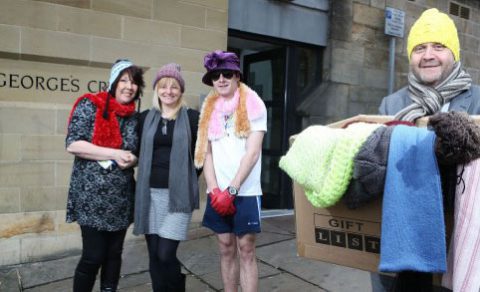Community involvement
As a utility company, we’re in a good position to deliver added value to communities in our region.
Our region contains some of the most economically challenged communities in the UK, from remote parts of rural Northumberland to deprived areas of Bradford.
As a company that’s embedded in these neighbourhoods, we feel it’s our duty to support communities and individuals facing difficulties, such as fuel poverty and associated forms of vulnerability.
Our budgets and time is limited, so we rely on expert partners to help us reach those customers in need.







